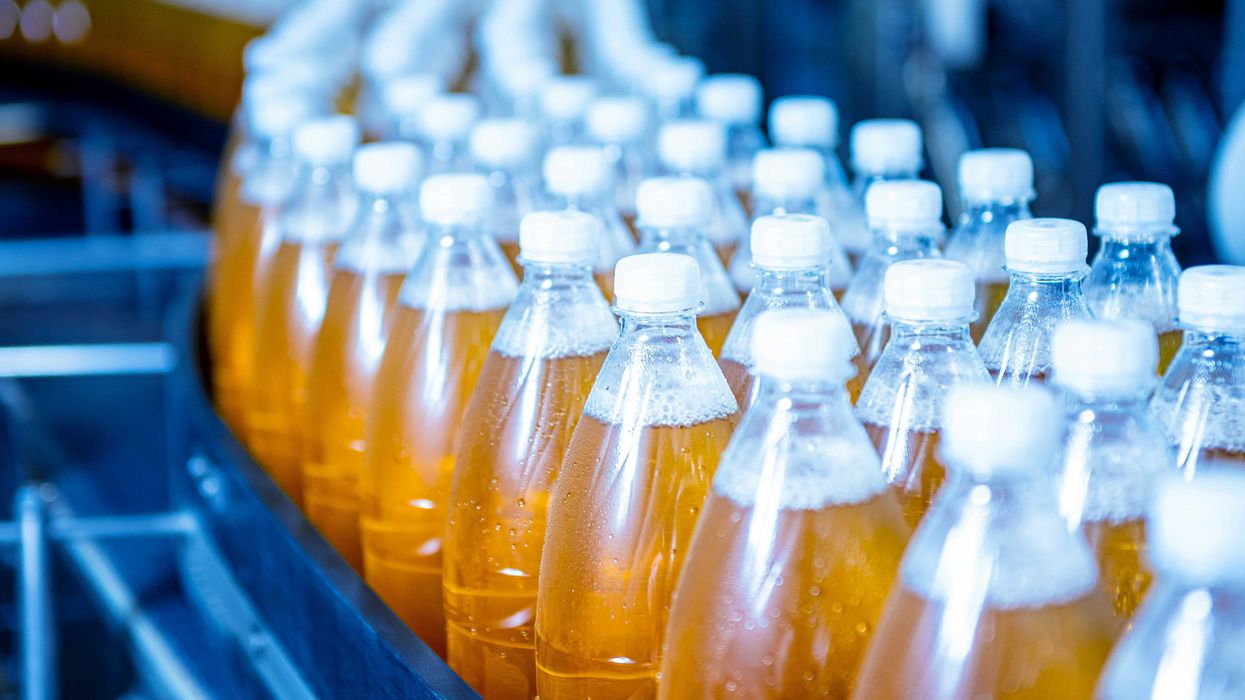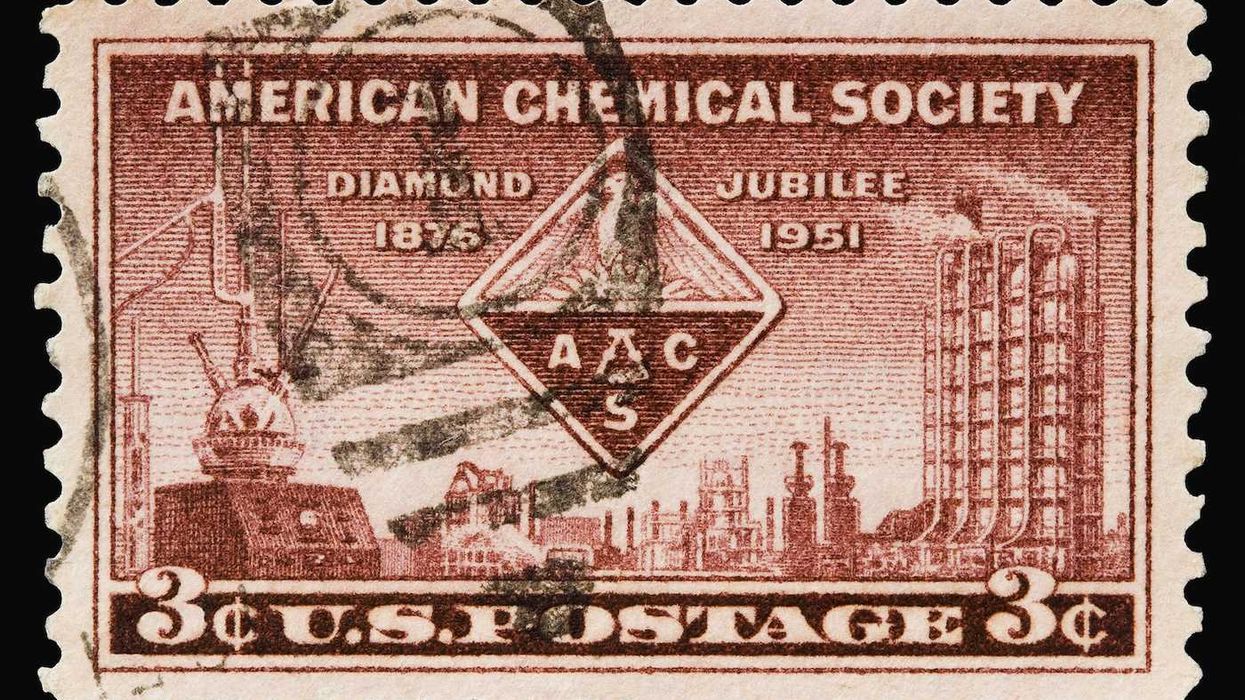There are significant challenges in recycling medical devices like inhalers and EpiPens, which are crucial for many yet pose a considerable environmental burden. Despite the lifesaving nature of these items, their disposal contributes to the global plastic crisis, prompting a search for sustainable solutions.
Ted Alcorn reports for The New York Times.
In short:
- Disposable medical devices, essential for many patients, significantly add to environmental pollution due to their plastic content.
- Efforts to recycle these items face hurdles, including technical challenges and low public participation in take-back programs.
- Innovators and companies are exploring solutions, such as redesigning products for better recyclability and using sustainable materials.
Key quote:
"I’m using this lifesaving product, but in order for me to use it, I’ve got to be willing to damage the environment."
— Brian Brandell, biomedical engineer.
Why this matters:
As the medical industry grapples with its role in plastic pollution, finding a balance between patient care and environmental protection is essential for future policies and innovations.
Capping plastics production is a key point of debate. Fifty-eight countries, aligned in a group called the High Ambition Coalition to End Plastic Pollution, want to see a treaty that slows production.














